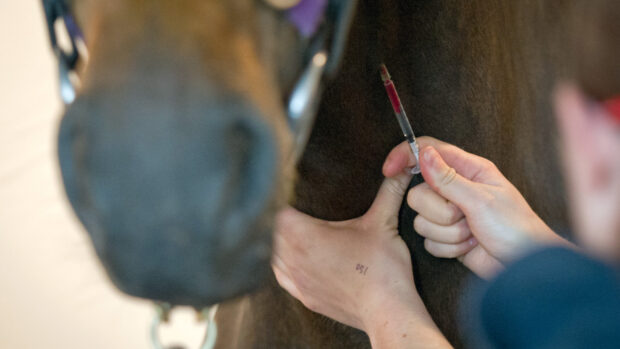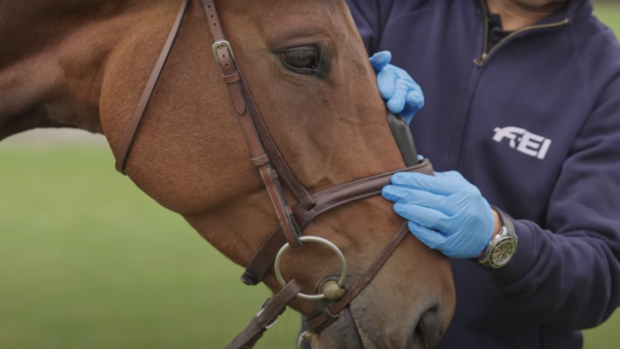The International Equestrian Federations (FEI) overhaul of endurance is in full swing, with six working groups now assessing the rules and a successful trial of a Formula One finish.
The vast growth in the sport, at all levels, and a number of equine deaths in recent years led to the World Endurance Forum in Paris this spring, at which an overhaul of the sport was agreed.
Current endurance rules date back to 1980, since which time the sport has grown massively.
All aspects are open for discussion, but the welfare of the horse is to be increased wherever possible, as is professionalism in the sport, said Ian Williams, FEI head of endurance.
Three trial events have taken place so far: a scientific study of endurance horses in Dubai; a trial in Portugal using four vetgates instead of five; and the latest, a test of the Formula One finish at a recent three-star 120km ride in Italy. The trial entailed gradual closing of vetgates 1hr after the first horse crosses the finish line. Vet gates presently remain open until the last horse has finished.
If adopted, it will have another name, but the trial had very positive feedback, said Mr Williams. We will need to trial this style of finish over 160km to get a full picture.
The last trial, of 120km for a championship (normally 160km), will take place at the Pan American Games in Brazil next week.
In June, 18 experts were appointed to review six different areas of the sport: qualification, organisation, equine protection, education, legal controls and competition structure.
Britains John Robertson, a top-level FEI endurance judge and technical delegate, is chairing the competition structure group, aided by German-based Juliette Mallison and Brazilian Antonio Llompart.
The FEI purposely chose people worldwide, so most discussion will be done by e-mail and phone, said Mr Robertson. Were looking at the responsibilities of technical delegates, which have never been defined; at the Formula One finish and the best condition award, which is more highly thought of in some countries than actually winning the race.
Each task force must provide the FEI with monthly updates, a progress report in October and, by early 2008, full recommendations. Mr Williams and his team will then compile a new rulebook, to be circulated to national federations next summer. It will be amended and then approved by the FEI general assembly in late 2008.
These things are often allowed to slip, but the FEI is anxious this does not happen, said Mr Robertson.
This news story was first published in Horse & Hound (12 July, ’07)




